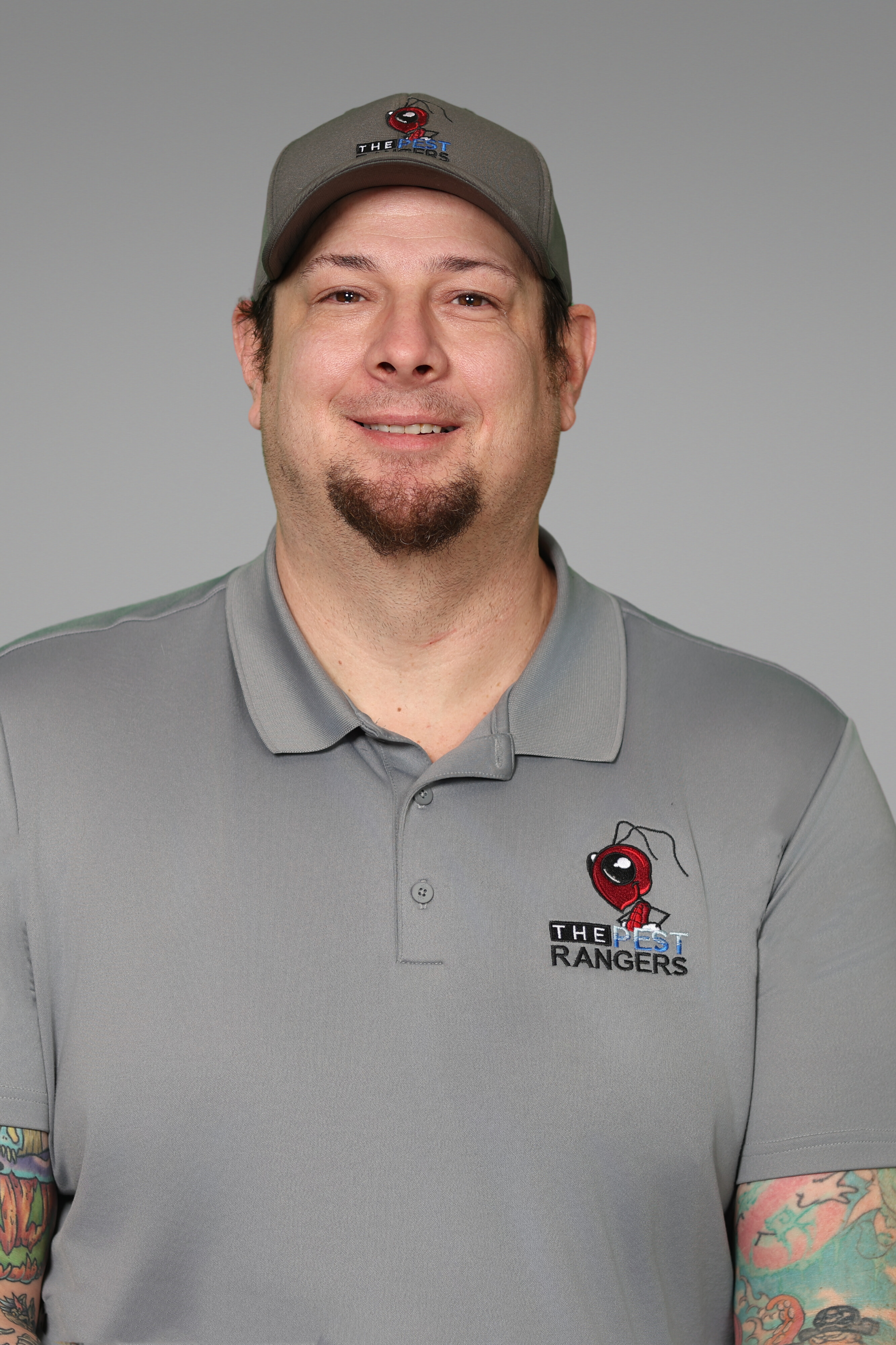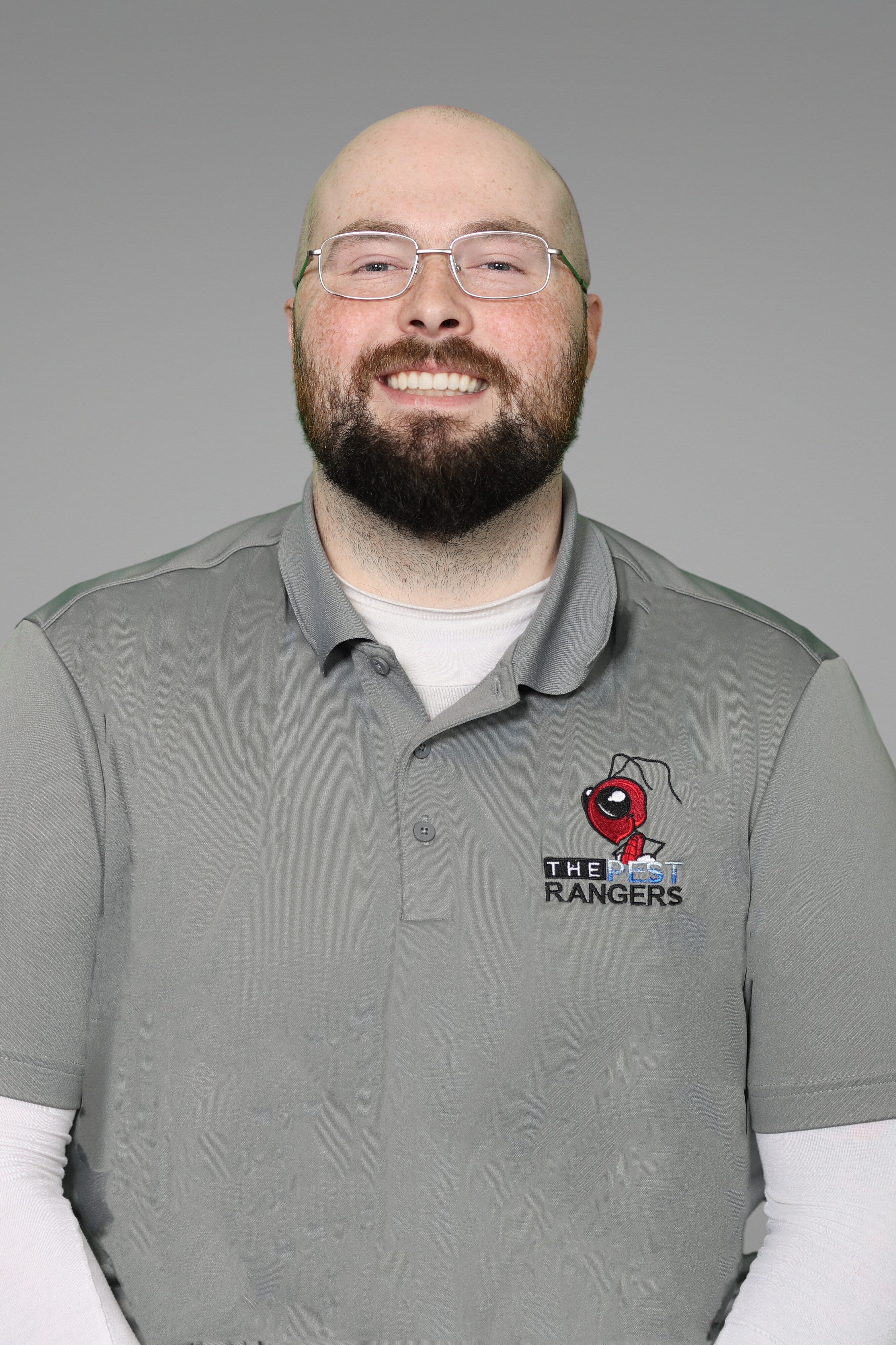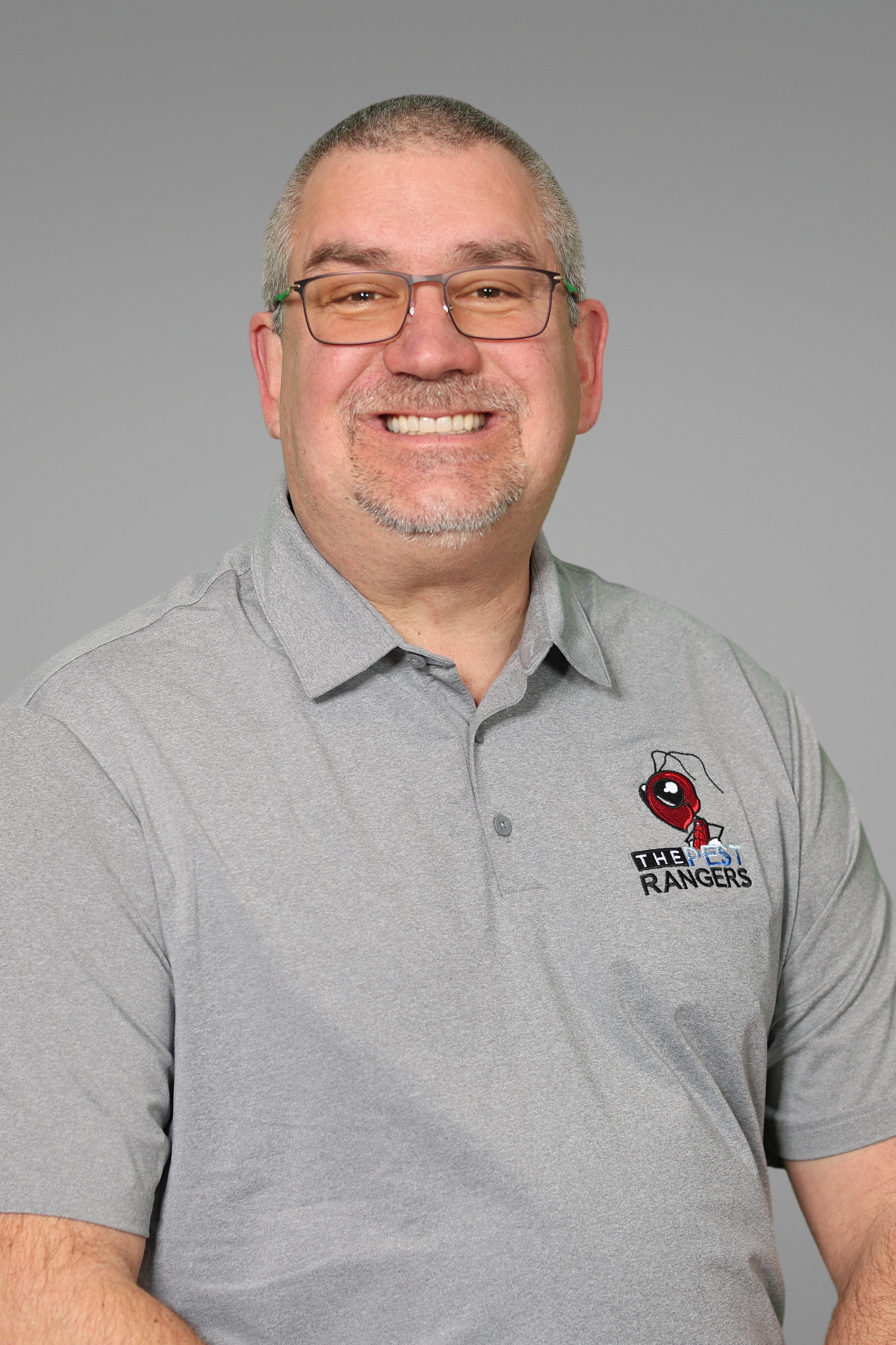As Pennsylvania residents, we like to pride ourselves on our DIY work ethic. When we detect a possible bug infestation, our initial reaction is to tackle the problem ourselves.
We might research different bug killers or ask the salesperson at our local hardware or home improvement store to recommend effective pest control products.
We buy a product based on a recommendation, read the instructions carefully before applying, and hope for the best.
In a perfect world, this method works every time. Unfortunately, the world in which we live is not perfect. Sometimes, stronger measures are needed to get rid of pests for good.
This is when it’s time to call a pest management professional. If you’re thinking about DIYing your pest control, think again. This guide will discuss the pros and cons of DIY vs. professional pest control so you can make an informed decision.
DIY vs. Professional Pest Control
When DIY Pest Control Is a Good Fit:
- You have a small, clearly identified infestation (e.g. ants, pantry pests, mosquitoes)
- You’re okay investing time in researching the correct products and application techniques
- You want to experiment with organic or low-toxicity products
When to Call a Professional:
- You’re dealing with a large infestation (termites, roaches, bed bugs), or it’s recurring or spreading
- Identification of the pest is unclear
- You prefer guaranteed results, safety, and minimal disruption
- You’re dealing with pests that require regulated handling or complex approaches
Why Shouldn’t You Do Your Own Pest Control?
When weighing the benefits and drawbacks of hiring a professional versus addressing your infestation problem yourself, keep these factors in mind:
1. Expense.
A powerful store product may be all you need to remedy a one-time, small ant infestation. In this instance, the cost of a store product outweighed the cost of professional pest control services. If you have a large-scale infestation or an aggressive type of pest (such as termites or cockroaches), the cost of hiring a pest control expert is worth it.
2. Expertise.
Pest control professionals have the skills, knowledge, and experience to identify the type of infestation in your home and how to best address it. As a homeowner, you may or may not have encountered pest infestations before.
If not, you must do your own research and due diligence to discover what type of pest has invaded your home and the best way to get rid of it. This takes time—a few hours, if not more. A pest control professional can sometimes figure out the problem and a solution in a matter of minutes.
3. Convenience.
You can apply your pest control product any time it is convenient for you. When working with a pest control expert, you have to schedule a time that works for both of you. Scheduling is something to consider when hiring an expert. Most have flexible scheduling and will work with your availability.
4. Effectiveness.
Thanks to their knowledge and experience, a pest control professional can determine the best, most effective treatment for a homeowner’s pest problem. A homeowner practicing DIY methods may need to try a few products before finding one that works.
A pest control professional can take care of the problem in only a few applications, with the right products, only one may be needed.
5. Risks.
Any time you use chemical pesticides, you are potentially putting the health of yourself, your family, pets, and even your houseplants at risk. You must understand the potential risks of each product you use, or the results can cause an allergic reaction or worse.
Pest control experts are well-versed in the active ingredients of each product they use. Or, the technician will use a natural product that is equally effective but less harsh to humans and pets.
Additionally, they are required to give you a complete list of the products they used and the ingredients of each, should someone in the home have a reaction. Homeowners appreciate this extra level of protection, and many would rather hire a professional than attempt to fix the problem themselves.
Preventative Pest Control
While DIY pest control is not recommended, especially in areas that experience as many seasonal shifts as Eastern Pennsylvania, proper prevention is still king when it comes to pest control. Here are some general tips to help you avoid pests.
- Seal cracks and entry points around doors, windows, and the foundation of your home.
- Keep your kitchen clean, store food in sealed containers, and don’t leave dirty dishes overnight.
- Reduce moisture by fixing leaks and using dehumidifiers in basements or crawlspaces.
- Keep outdoor areas tidy—trim back bushes, clean gutters, and store firewood away from the house.
- Empty garbage regularly and use bins with tight-fitting lids.
These small steps can significantly reduce the likelihood of an infestation and make any DIY or professional treatment more effective.
Are Professional Exterminators Worth the Money?
As we already stated, some pests are persistent and almost require the services of a pest control professional.
Termites require professional service, as failing to contain a termite infestation can result in massive financial damage to your property. In addition, cockroaches and bed bugs are among the most notoriously difficult insects to remove from a home.
Cockroaches are especially stubborn (there’s a reason the species has been around since the days of the dinosaurs!), but some DIY methods can be effective. You want a remediation method that is natural and will be safe for your family. You do your research and learn that boric acid is an effective way to get rid of roaches.
Despite several attempts at using this DIY method, the cockroaches persist. Concerned for your family’s welfare (and aware that cockroaches are known spreaders of disease and a big trigger for asthma sufferers), you decide to call a pest control expert.
The problem is solved in just one treatment, with a guarantee to return if the pest returns within a certain amount of time.
This is the power of professional pest control in Eastern Pennsylvania.
Struggling with a pest control problem and ready to call a professional? Contact The Pest Rangers below to discuss your issue today.
FAQs
Is DIY pest control effective?
DIY methods can be effective for small, manageable pest problems like ants, spiders, or fruit flies. However, large infestations or certain pests (like termites and bed bugs) usually require professional attention.
Are store-bought pesticides safe?
Some are, but misuse or overuse can lead to health risks for humans and pets. Always read and follow label instructions carefully. Professional-grade products are often stronger but used with more precision.
How often should I schedule professional pest control?
For most homes, quarterly pest control visits are sufficient for prevention. Homes in high-risk areas or with ongoing pest activity may benefit from monthly services.




























